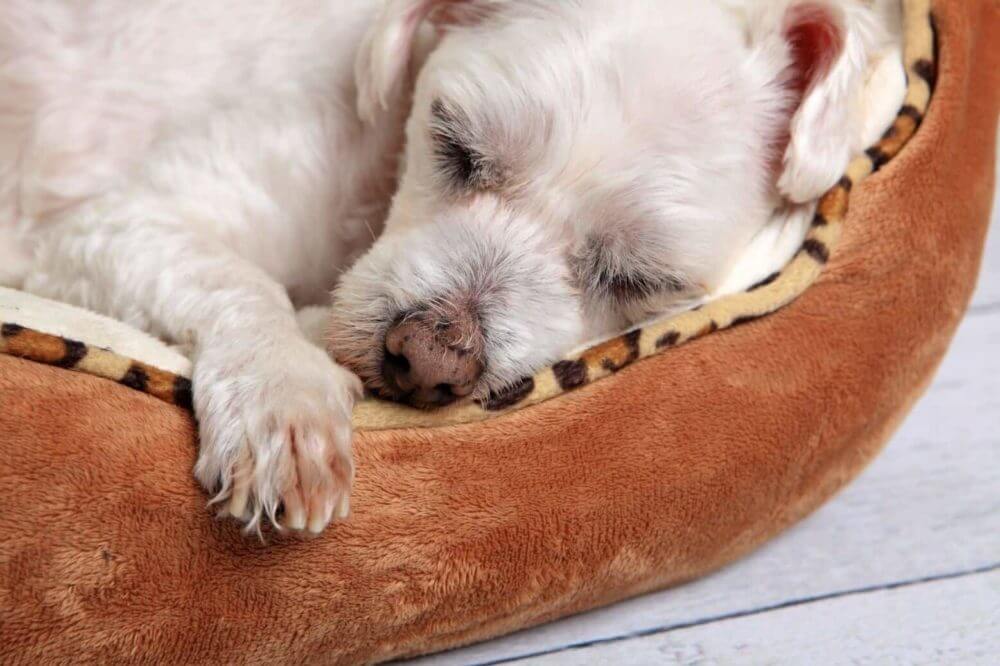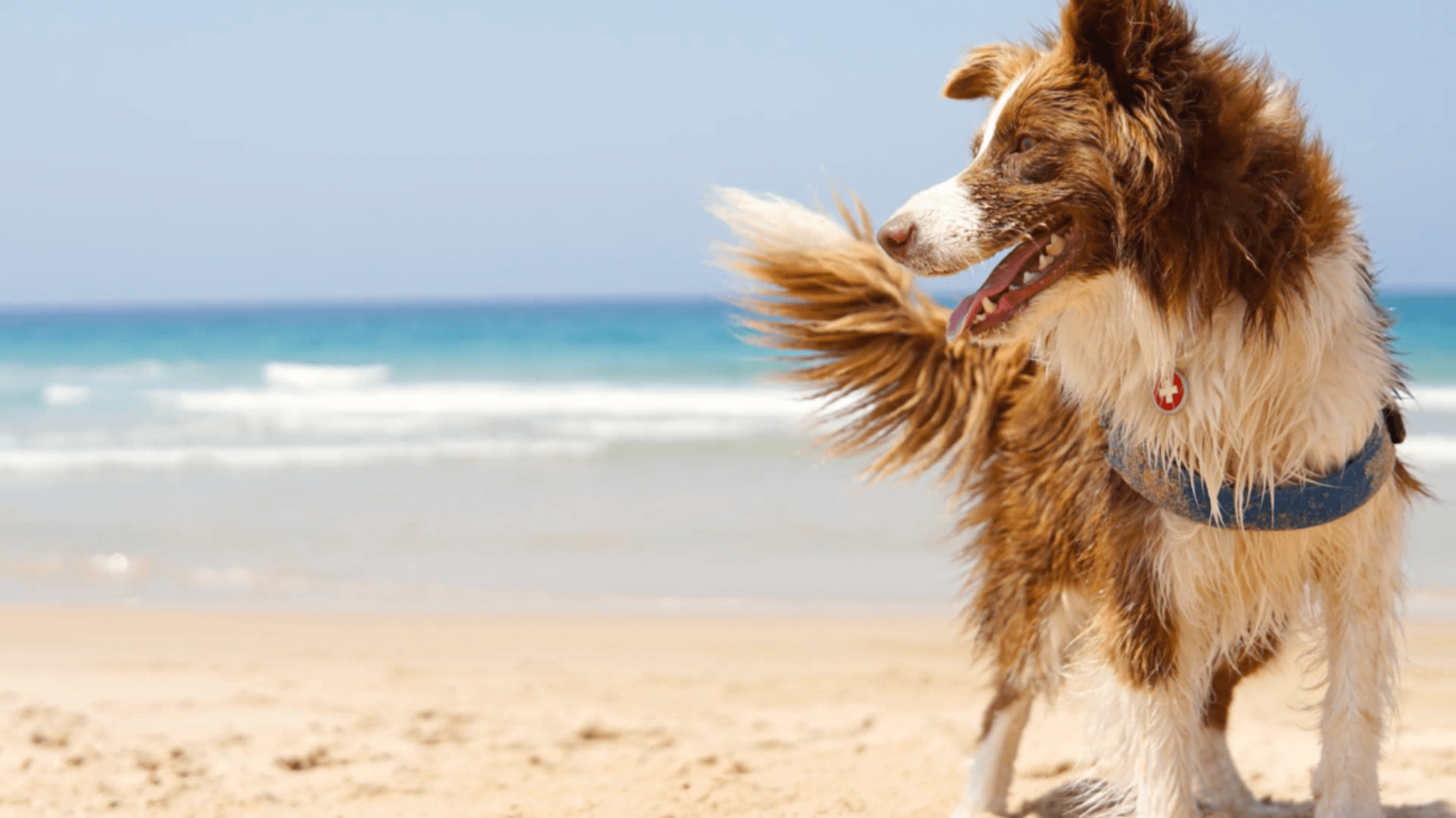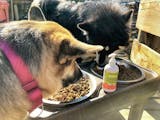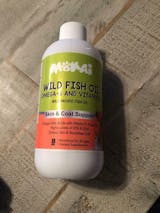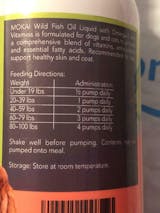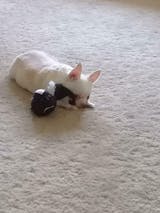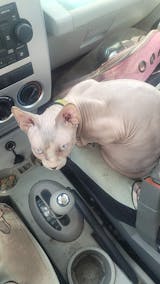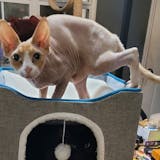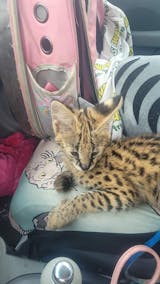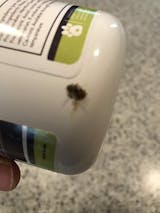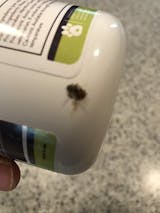POV: You are walking down the street and you find a starving kitten mewing and asking for food, what would you give him? I bet the word ‘milk’ crossed your mind at least for a second! Cats and milk have been long related and we are not sure why, but the true question is: can cats drink milk?
Can cats drink milk?
Cats needing milk in their diets is a common misconception. Even though most cats enjoy it, giving milk to a cat is just like giving peanuts to a one-year-old baby. Both the cat and the baby will probably eat it eagerly, but that doesn’t mean it’s good for them or their health.
Cats can drink milk but they would probably have a hard time digesting it. Yes, just like humans, cats can be lactose intolerant.
‘But I’ve seen kittens drinking milk a million times!’ Yes, and this affirmation leads us to three possible case scenarios:
- You’ve seen them drink milk, but their mothers’ milk.
- You’ve seen them drink milk, but did you stick around to see what happened a few hours later?
- You’ve seen them drink milk, but on an advertisement or a movie.
Why are cats’ lactose intolerant? And what about their mothers’ milk?
First of all, let’s start by clarifying that cats being intolerant to lactose is a pretty common scenario, so there’s nothing wrong with your cat. Cats’ bodies are actually not prepared to drink milk after the nursing period. Not to mention, according to vets, the only time cats should be exposed to lactose is when they’re newborns.
An article published in Science Focus explains it very clearly. Like all mammals, cats are able to digest milk while they are babies, but they later lose that ability. Milk contains lactose, which is basically sugar, a very important source of energy for kittens, but soon after they are weaned, the enzyme that enables them to digest lactose disappears from the gut. So, when an adult cat drinks milk, the lactose may start to ferment, causing stomach distress.
Approximately, at 6 months of age, cats lose their ability to produce lactase, the enzyme that metabolizes and breaks down lactose.
Signs of lactose intolerance in cats
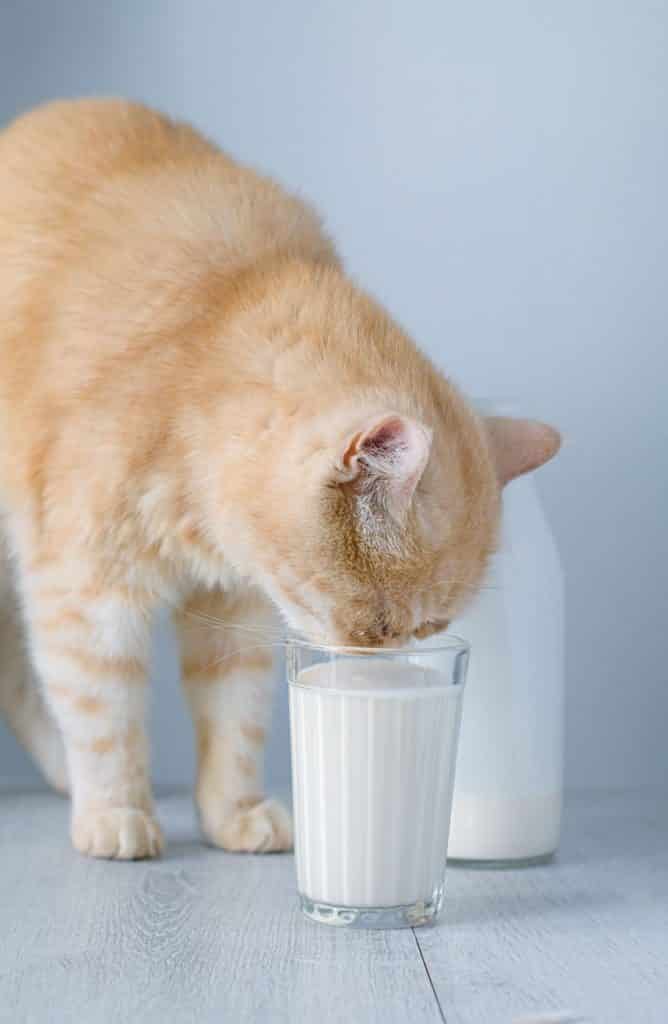
Pay special attention if, approximately 8-12 hours after drinking milk, your cat presents some of these symptoms:
- Diarrhea
- Vomiting
- Bloating and excessive gas
- Constipation and abdominal pain
- Increased thirst (due to dehydration)
Should you really be feeding your cat milk?
As we’ve already mentioned, your cat might enjoy drinking milk, even though it might not be good for their health. If that is your cat’s case and you want to give a tasty treat to your kitty once in a while, here are some options:
-
Lactose-free milk. Try feeding your cat lactose-free milk and see how he/she reacts.
-
Plant-based milk. Try giving your kitty almond or soy milk in small amounts. Even though these kinds of milk don’t contain lactose, they usually contain a lot of sugar and high fats, so it is not recommended to give them to your cat on a regular basis. Never feed your cat anything labeled as ‘sweetened’.
-
Bone broth. If you want him to have a tasty sip, other than water, you can try giving him some bone broth. Your cat will absolutely love it, and you wouldn’t be putting his health at risk.
Please remember these are tasty snacks to give your cat once in a while. They are nutrient-depleted drinks, and they don’t, by any means, replace water.
So, can cats drink milk? It really depends on the quantity and frequency, but if we had to provide a straight answer, then no, don't feed your cat milk.



